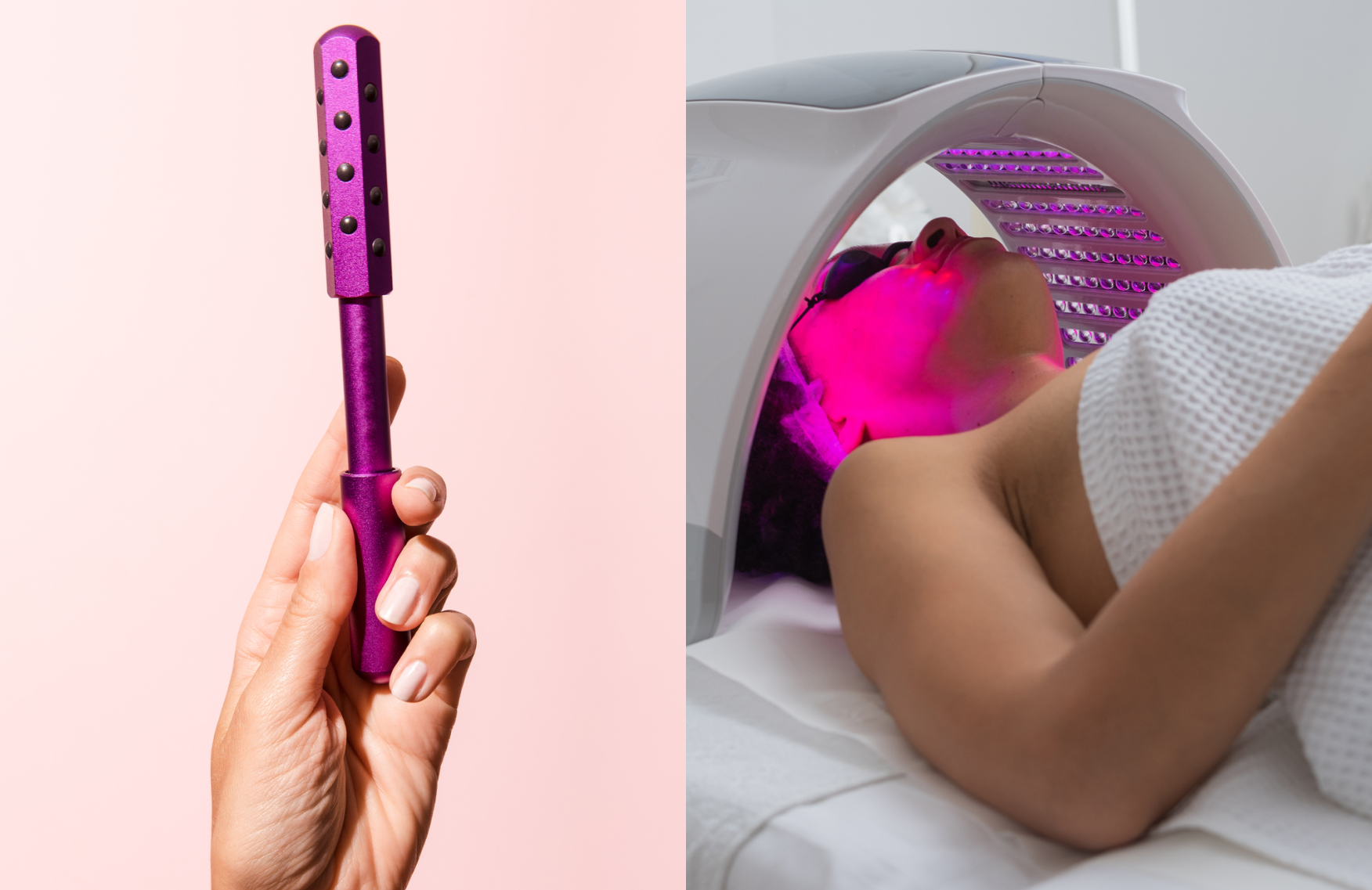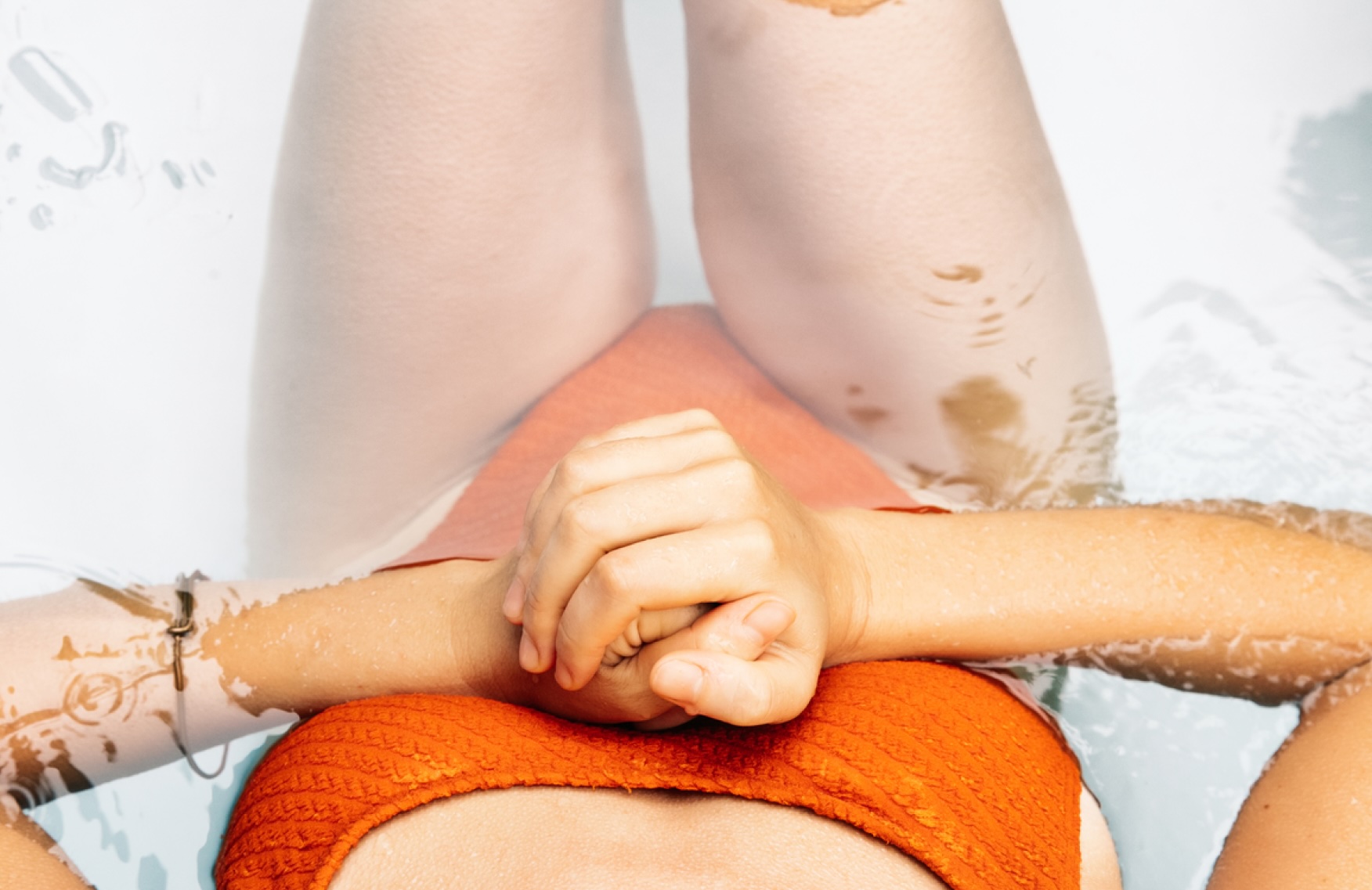Burnout cheat sheet: The essential checklist for recovery and prevention on this lockdown anniversary

Overworked. Over home-schooling. Over lockdowns. Over (fill in the blank). It seems being “over it” is our collective preferred term these days for burnout—a word coined in the 1970s by Herbert Freudenberger and given official medical diagnosis status by the World Health Organization in 2019.
An extensive, data-rich “burnout crisis” report recently published by the Harvard Business Review states that 89% of global respondents said their work life was getting worse, 85% said their wellbeing had declined, and only 2% rated their wellbeing as “excellent.” Additionally, it lists these six reasons as the main causes of burnout:
- Unsustainable workload
- Perceived lack of control
- Insufficient rewards for effort
- Lack of a supportive community
- Lack of fairness
- Mismatched values and skills
“Burnout is a silent, insidious process,” says Dr. Sara Gottfried, a New York Times-bestselling author and Director of Precision Medicine at the Marcus Institute of Integrative Health, Thomas Jefferson University. “Initially, you have elevated cortisol levels that cause you to feel tired but wired. High cortisol can then lead to low cortisol—this makes you feel exhausted and drained, like a car running on an empty gas tank.” She adds that symptoms can run the gamut from emotional consequences like exhaustion, apathy, uncharacteristic pessimism and depression, to physical manifestations like inflammation and blood sugar abnormalities.
So on the one-year anniversary of going into lockdown, here’s Dr. Gottfried’s quintessential cheat sheet for recovery, management and prevention of burnout.
In bed for a full eight hours, but still wake up exhausted? Time in bed doesn’t equate to true rest and recovery. Rather, focus on racking up more deep sleep. “Improving deep sleep naturally reduces anxiety and toxins,” Dr. Gottfried says. “We should aim for a minimum of 90 minutes each night.” Not sure what “deep sleep” even means? Oura rings can help you measure and recommend wind-down rituals.
Trade in stress eating for eating to relieve stress. How to start? Dr. Gottfried recommends a Mediterranean-style diet with a focus on vegetables. “This does not mean becoming vegetarian or vegan,” she’s quick to point out. But she does recommend, “eating 1 pound of vegetables a day.” Before the word “pound” puts you off, think about spreading your veggie intake throughout your meals. Here’s what that can look like:
- Four ounces of spinach in a morning smoothie
- One carrot at lunch
- One cup of cauliflower as a snack
- One bell pepper mixed in with your stir-fry dinner
Superstar supplement magnesium “can help counter the stress response, aid in muscle release and potentially enhance sleep quality,” Dr. Gottfried says. She also considers vitamins A, C, D, curcumin, licorice and omega-3s like fish oil as baseline supplements.
“Exercise is one of the best ways to buffer stress,” Dr. Gottfried says. Physical activities force an increase in breathing that signals your brain to relax—and the deeper the breathing, the better it works to relieve stress. Yoga and meditation also encourage deep breaths that help with cortisol levels.
Out of all these tips, “I especially recommend developing a nighttime ritual designed to help you wind down from a busy day,” says Dr. Solomon, since truly disconnecting from the day’s burnout can lead to other recovery tactics like remembering to eat well and exercise. Some of her favorite guided sessions include those by Tara Brach, Kristin McGee and Ross Rayburn.


